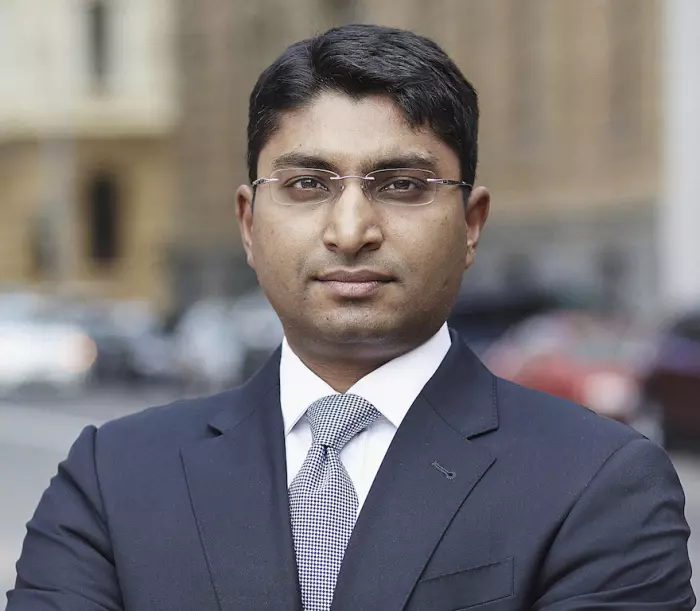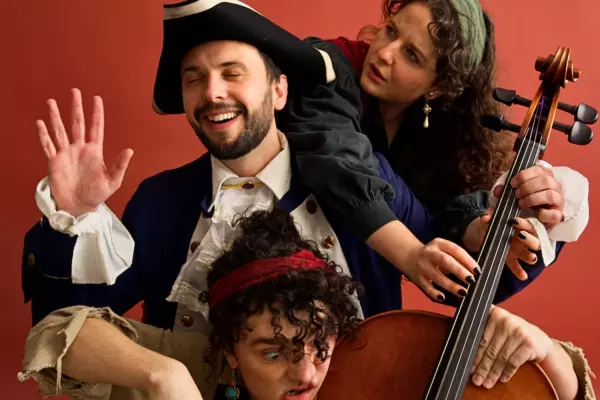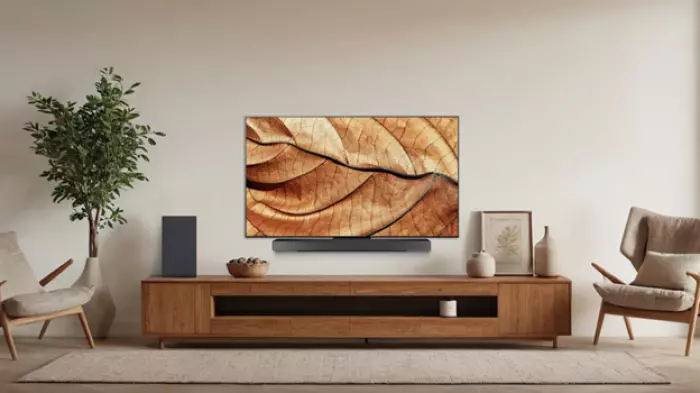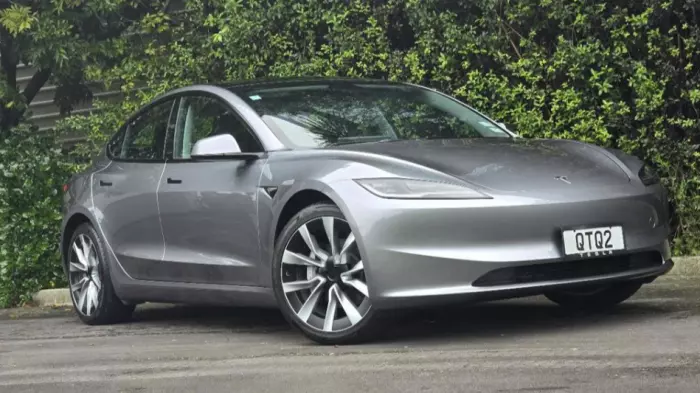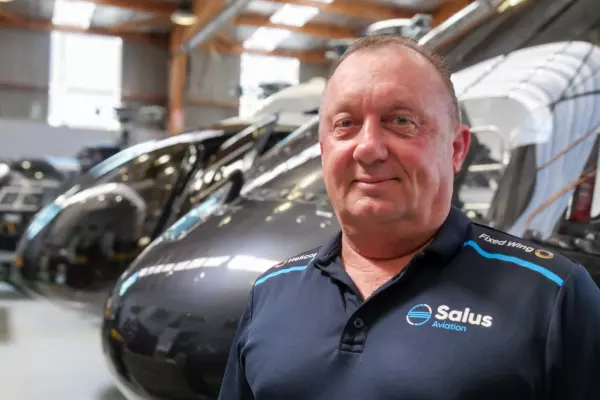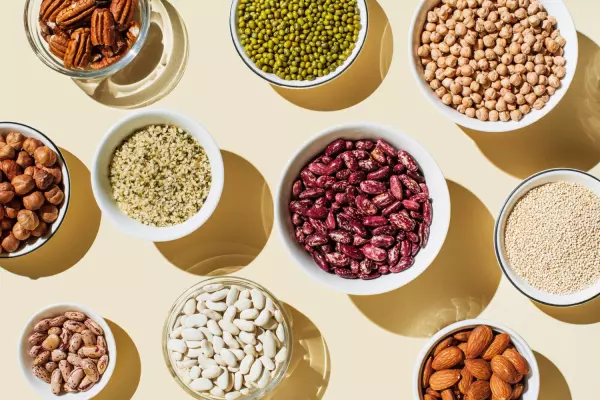Welcome to My Net Worth, our regular feature on the lives and motivations of our top businesspeople, in their own words.
Shamubeel Eaqub is a partner at Sense Partners, an economics consultancy he founded after roles at ANZ, Goldman Sachs JBWere and the New Zealand Institute of Economic Research (NZIER). His publications include Generation Rent (with fellow economist and wife Selena Eaqub) and Growing Apart: Regional Prosperity in New Zealand (better known as the “Zombie towns book”). He spent his teenage and young-adult years in Canterbury and holds a bachelor of commerce degree with honours in economics from Lincoln University. He now lives in Auckland with Selena and sons Haydn and Hugo.
I grew up in lots of different places. I was born in Bangladesh, I lived there until I was 10, then I lived in Samoa for three years while my dad was working at the university, and then we moved to Lincoln.
It gives you perspective, being able to fit in lots of different places; also being an outsider is quite a helpful perspective for the kind of work that I do.
My parents came to New Zealand to provide a future for the kids. It's nothing new. And you know, as is usual with first-generation migrants, my parents had to make big sacrifices, because their qualifications and skills weren’t recognised here.
I went to a rural school and the resourcing was different: you didn’t have the super-geeky stuff that you get in some schools. I still played sports, but the geeky sports like badminton and soccer, rather than rugby. Not that I played either of them very well.
When I was in school, I tried my hand at berry and apple picking. I was terrible at it.
University was always part of the plan. My sister had done economics and I had done sciences all through school, but it was kind of like, that was just too much work. I'm too lazy. Economics seemed like a nice balance – interesting without having to do all the legwork.
I’ve always been a bit of a nerd. But not like the A-plus-type nerd. I did the usual boozing and whatnot as well. As you do.
My first job was at Statistics New Zealand, working on the business price indices, that sort of stuff. I didn’t stay very long.
After that, I was a junior economist at the ANZ. That was when the merger happened with the National Bank. The decision was made essentially that the National Bank economics team would be kept and mine was disbanded. One of my friends went to ANZ Melbourne and said, “Why don’t you do this job?” So I went.
I came back to New Zealand for Goldman Sachs. Just being able to work for a global brand, the learning opportunities, it was just fabulous. I pretty much had to build all the models and everything for New Zealand – that's when I started doing more media.
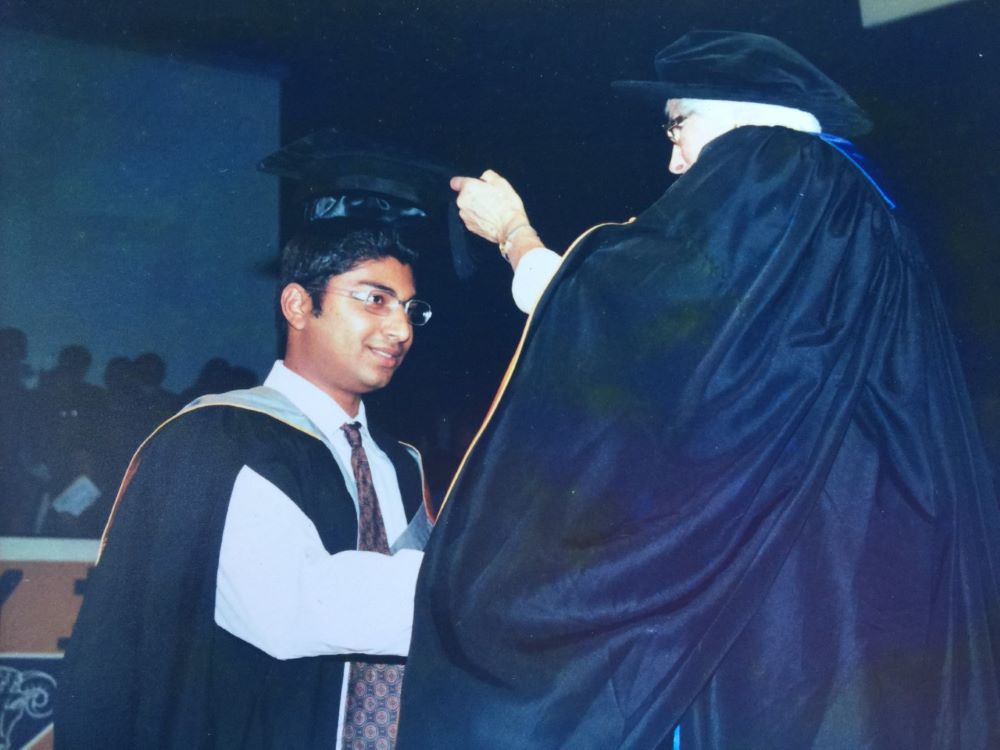 Shamubeel Eaqub graduating from university in 2000.
Shamubeel Eaqub graduating from university in 2000. I realised I needed to make a more conscious effort to be wider and broader with my media presence because influence doesn't come from just talking to the people you know.
I quit NZIER when we had our first baby, because I needed time to be a father. And you can't do that when working full-time. So that's why I quit and accidentally became a business, because people still asked me to do work. I thought, “I better set something up to send the invoices.”
My biggest investment mistake was Pumpkin Patch. It had lost a lot of value. I was like, surely it can't go any lower. It did. That was a complete and utter clusterf***. And it was a good lesson.
We had a lot of trouble having babies and we really wanted a family; it was a big deal for us. I didn't want to be in a position where we went through all this to have a baby, and then not actually spend any time with the baby. I was very fortunate to have the wealth and the savings to be able to do that.
I see too many parents who barely know their children. I've got friends who can barely calm their kids on the weekend because they spend so little time with them.
I have no time to write another book – I have kids, man. But I'd love to write about banking and regulation and how the Reserve Bank has completely, utterly failed in its duty to actually oversee an efficient and equitable financial sector.
The next big issue that I'd really love to have more to do with is climate change. I've deliberately stayed away from it. Because I think there is a time and place when you can help contribute to the debate. There are lots of people who are much better experts on it than I am. But to me, it feels like climate change is now becoming more of a mainstream issue. And I think we need to have economics as a stronger voice in the debate.
I haven't been buying any wine since the kids were born because, after kids, when you have one drink, you're drunk, and then you're hungover – it’s a double whammy.
As told to Victoria Young
This interview has been edited for clarity.


